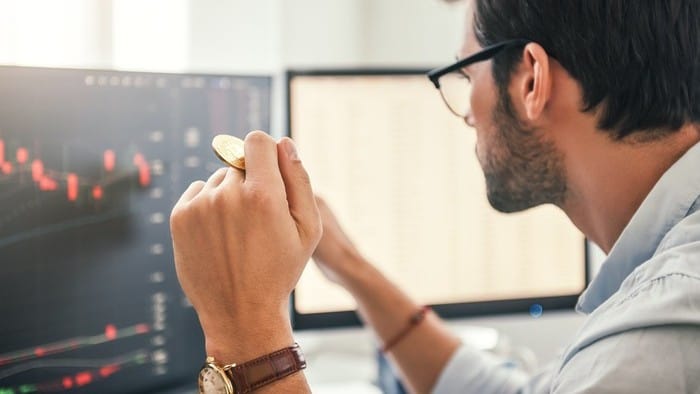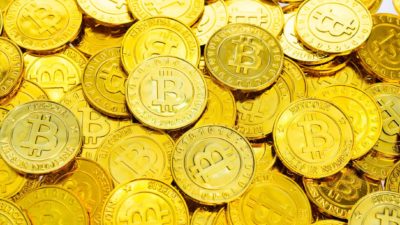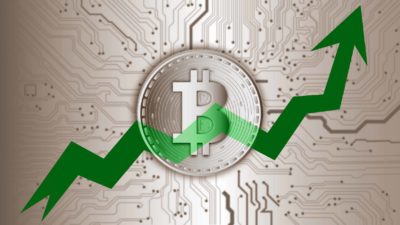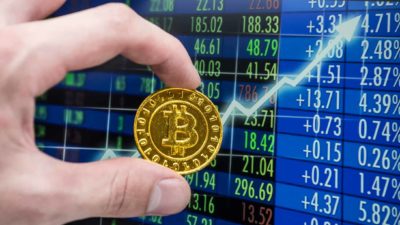Bitcoin (CRYPTO: BTC) and El Salvador made global headlines in June 2021, when the Central American nation announced it would make the crypto legal tender.
It became the first country in the world to do so.
(The Central African Republic followed suit in May this year, becoming the second nation to adopt BTC as a nationally recognised currency.)
The Bitcoin adoption became official on 7 September last year. At the time, El Salvador's flamboyant president Nayib Bukele pronounced the token would change his nation for the better.
And for the first few months, the Bitcoin price kept climbing, trading at all-time highs of US$68,790 on 10 November.
But you're likely aware of the crash that's happened since. BTC is currently trading for US$19,864, down 71% from its highs.
Is El Salvador's Bitcoin adoption fizzling?
The big price falls over the past 10 months certainly have not spurred Salvadorans into rushing to embrace the crypto instead of US dollars, which remain the favoured currency.
As to the future of the nation's great crypto experiment, that depends on who you ask.
El Salvador's former central bank chief Carlos Acevedo is decidedly on the fizzling side.
According to Acevedo (courtesy of Bloomberg):
No one really talks about Bitcoin here anymore. It's kind of been forgotten. I don't know if you'd call that a failure, but it certainly hasn't been a success… In El Salvador we have a good payments network, so why transfer money with cryptocurrency?
Only around 2% of remittances have been sent from crypto wallets, according to the central bank.
An opinion poll conducted by the Universidad Centroamericana also found less than stellar support for Bitcoin in day-to-day use.
"If you go to any market in El Salvador, you're more likely to receive an insult than be able to purchase something in Bitcoin. It's not a part of people's daily routine," director of the university's public opinion institute Laura Andrade said.
Atop the less than hoped for adoption rates, the government's adoption of Bitcoin as legal tender has also seen the International Monetary Fund delay approval of a US$1.3 billion program.
Chief operating officer of Torino Capital Fabiano Borsato said (quoted by Bloomberg):
The Bitcoin experiment promoted by the Bukele administration has significantly raised the market's risk perception of the country. It's being implemented in a context of fragile public finances, high and persistent fiscal deficits and doubts about the rule of law in the country.
This, in our opinion, will prevent El Salvador from accessing financing in the international markets under favourable conditions in the short and medium term.
Or is BTC adoption just getting off the ground?
Not everyone agrees that the great crypto experiment is a flop.
El Salvador's digital wallet, Chivo, has more than four million users, according to finance minister Alejandro Zelaya. And he says it's promoting a rapid rebound in tourism and drawing in international blockchain companies.
And the government still intends to issue its Bitcoin-backed bond, the so-called 'volcano token'.
Chief technology officer at Bitfinex Paolo Ardoino is also among the proponents of El Salvador's crypto embrace.
"Assuming cars were a failure because after the very first year Ford started production in 1896 no more than 2% of the population had a car would've been quite myopic," he said.
Ardoino added, "The government has a long-term vision. The crypto industry is highly technological and that is the type of industry that everyone should want in its country."
And founder of Bank to the Future Simon Dixon disagrees that adoption levels are low after visiting the nation last month.
According to Dixon (quoted by Bloomberg):
I don't see adoption as low. I see a country where everybody has a Bitcoin wallet, and everybody knows what Bitcoin is. This is the first time I've ever met a government that has a president who has assembled a team that really operates with the urgency and impact of a fast-growing company.
Fizzling or just taking off?
Time will tell.







